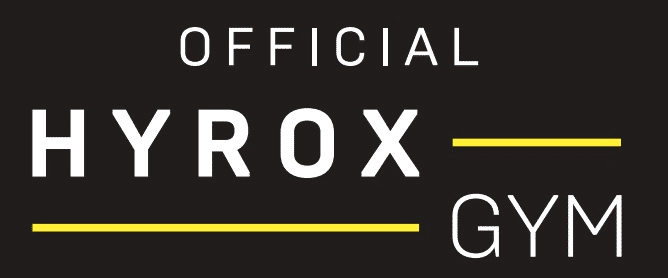At some point in our lives, many of us can say that we’re our own, biggest critic. We work hard, we make progress, yet, we continue to think that we’re still not good enough. It can happen with your fitness, with your profession, and even with the tiniest of things like I really could’ve made this handwriting neater on this page. Sometimes we realize when we’re being hard on ourselves, but most of the time we breeze past it because it’s become a norm in our minds.
Learning how to forgive ourselves can be a process that takes a long time, if we’ve built up self-depreciation as a norm. However, it’s worth considering for your long-term goals and and inner peace as well. Here are a few ways to learn to be more forgiving of yourself:
Look back at what you’ve already accomplished. Often times we see ourselves falling short of our goals, but that’s because we’re thinking of the end/outcome goal. Try not to forget all the little achievements you’ve made, and how far you’ve come from the time you started on it. WRITE or SAY actual accomplishments you are proud of to reinforce that these are proof of progress and achievement. (e.g., An individual wants to lose 20+ pounds, but has only lost 5 in the first two months. I would have that person WRITE down their measurements from two months ago and from today to see change.)
Have the confidence to move on. So maybe your last job just wasn’t what you were looking for, and it’s time to move on. With all things considered–finances, location, credentials, etc–you can make that change if you have the confidence to move on. Sticking around and doing something just to go through the motions will not benefit you, even if it’s comfortable. If you missed a box jump, had a bad workout, or over-indulged in dessert: don’t feel bad for yourself, but rather, build yourself back up and tell yourself you are ready to move forward.
Learn from any hiccups. It’s easy to dwell on mistakes, but it’s more effective to learn from them. There’s not much to this one. While in the moment you may see an event as a “failure” you can turn it around and learn from it. Then: have the confidence to move on.
Set an attainable goal. This is probably one of the most essential elements of self-forgiveness. If we continue to set ourselves up for unrealistic goals, or goals that are too broad, without the broken-down goals that will get us to where we want to be, we may continue to self-sabotage our ego. Setting attainable goals will help you achieve the stepping stones so that you can get closer to the end goal.
While these tips don’t necessarily fall in order for learning self-forgiveness, they certainly work hand-in-hand. You may start with setting an attainable goal, or you may end with it. Either way you look at it, it’s a process, and everyone should consider to learn to forgive themselves a little bit more.




